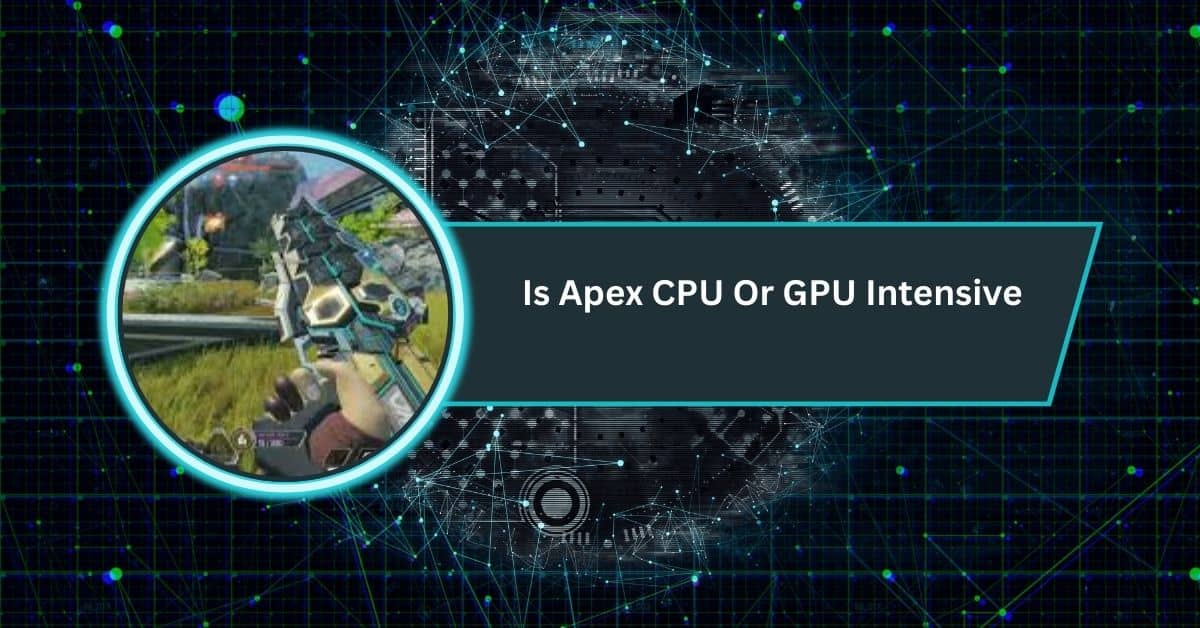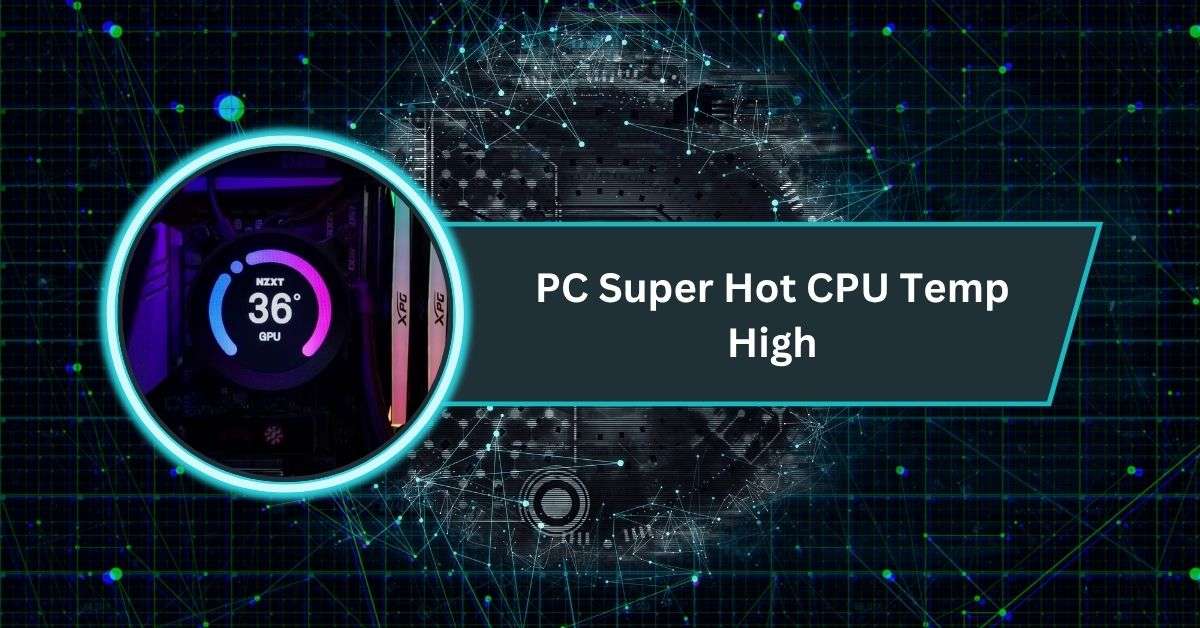When it comes to competitive shooters like Apex Legends, performance is everything. Smooth frame rates and responsive gameplay can make the difference between winning or losing a match.
Apex Legends is generally more GPU-intensive for visuals but can also be CPU-heavy during fights. Overall, it requires balanced hardware, with the GPU handling graphics and the CPU managing physics, logic, and multiplayer actions smoothly.
This guide explains how Apex relies on the CPU and GPU, what affects performance, and how you can optimize for the best experience.
Understanding the Difference Between CPU-Intensive and GPU-Intensive
Before diving into Apex Legends specifically, let’s clarify what these terms mean:
- CPU-intensive: A game that relies heavily on the processor to handle logic, physics, AI, networking, and background tasks. Examples include strategy titles and large-scale multiplayer games.
- GPU-intensive: A game that stresses the graphics card due to complex visuals, high-resolution rendering, lighting, and particle effects. Most modern AAA shooters lean toward being GPU-bound.
Apex Legends lies somewhere in the middle but tilts more toward the GPU side, depending on your setup.
Why Apex Legends is Considered GPU-Intensive
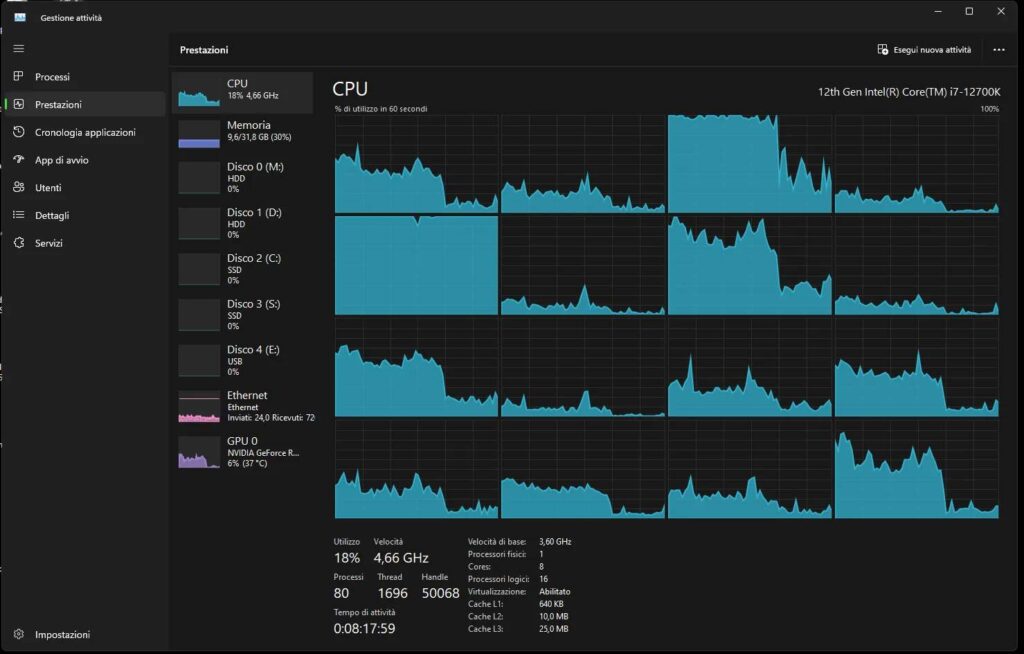
A. Graphics Rendering
Apex Legends is built on a modified Source engine that demands strong GPU performance. High-quality textures, particle effects, and ability animations are processed by the GPU, especially when explosions, smoke, or ability effects fill the screen.
B. Resolution Scaling
The higher the resolution, the more the GPU has to work. At 1440p and 4K, Apex Legends becomes almost entirely GPU-bound, as millions of pixels must be rendered in real time.
C. Benchmark Results
Independent benchmarks confirm this trend. Even with a powerful CPU, Apex Legends can push GPUs like the RTX 2080 Ti or RTX 3080 close to their limits. At ultra settings, the GPU is always the deciding factor.
When the CPU Becomes Important
While the GPU carries most of the visual load, the CPU is far from irrelevant. Certain aspects of Apex Legends rely heavily on processing power:
A. Multiplayer Load
Apex Legends matches feature 60 players, each with unique actions happening simultaneously. The CPU handles networking, hit registration, and game logic, all of which require fast single-core performance.
B. Physics and Game Logic
Every bullet trajectory, character ability, and physics interaction (like grenades bouncing or doors being opened) is calculated by the CPU. During intense firefights, CPU usage spikes significantly.
C. Competitive, High FPS Gameplay
If you’re aiming for 120–240 FPS on a 144Hz or 240Hz monitor, the CPU can become the limiting factor. At 1080p, where the GPU has less strain, the CPU often becomes the bottleneck.
CPU vs. GPU: Practical Scenarios
Here’s a simplified breakdown:
| Scenario | Main Bottleneck |
| Playing at 4K Ultra settings | GPU |
| Playing at 1440p, high FPS target | GPU, with some CPU load |
| Playing at 1080p, aiming for 240 FPS | CPU |
| Large multiplayer battles, heavy ability usage | CPU + GPU both stressed |
So, while the GPU takes the crown for visuals, competitive players should never ignore CPU strength.
Real Player Experiences
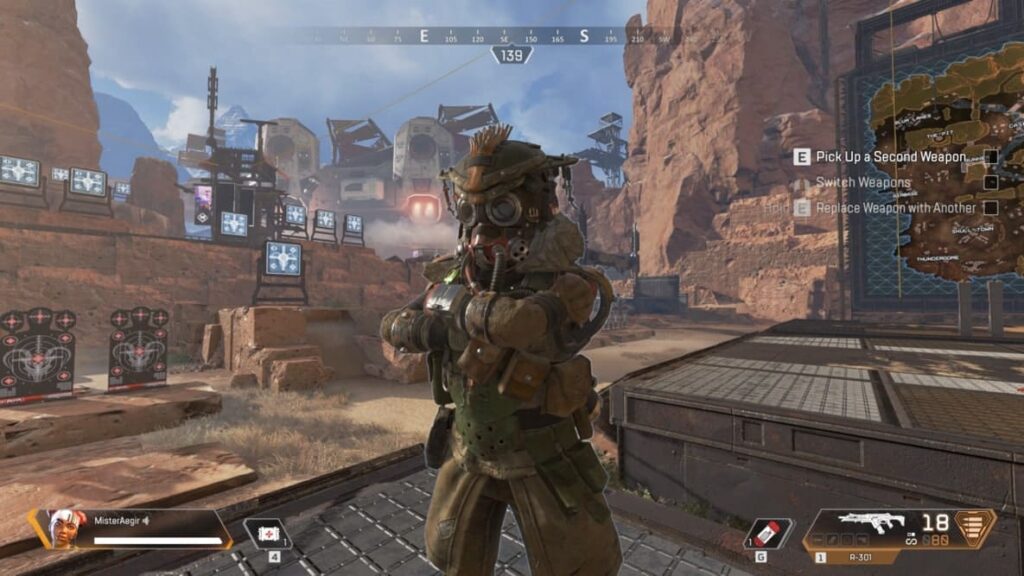
Many players have shared their performance issues on forums like Reddit. Here are a few highlights:
- GPU-heavy experiences:
“When I play Apex Legends, it uses up about 90% GPU and about 50% CPU… I just assume the game uses less CPU and more GPU.” - CPU bottleneck issues:
“My CPU hit 90-100°C while only using 25-30%. Apex is fairly CPU intensive compared to other shooters.” - High CPU usage complaints:
“My CPU usage is extremely high like around 85–90% while in game, even though my GPU isn’t maxed.”
These experiences confirm that while the GPU generally carries the load, the CPU can struggle in certain conditions—especially if it’s older or overheating.
Optimizing Apex Legends Performance
If you want the smoothest gameplay, you need to optimize both your GPU and CPU usage. Here are practical tips:
A. Graphics Settings
- Lower Effects Quality and Volumetric Lighting to reduce GPU stress.
- Use a Frame Rate Cap (e.g., 144 FPS for a 144Hz monitor) to stabilize performance.
- Experiment with DX12 mode if available—it can improve CPU performance in some setups.
B. Hardware Balance
- A strong GPU is essential for higher resolutions.
- A mid-range modern CPU (e.g., Intel i5-12400 or Ryzen 5 5600) is enough to avoid CPU bottlenecks.
- For ultra-competitive FPS, CPUs with high single-core performance are more important.
C. System Maintenance
- Clean dust from fans and heatsinks to prevent thermal throttling.
- Update drivers regularly, especially GPU drivers.
- Use Windows’ “Verify Integrity of Game Files” feature if performance issues persist.
Recommended System Specs for Apex Legends
A. Minimum Requirements:
- CPU: Intel Core i3-6300 or AMD FX-4350
- GPU: NVIDIA GT 640 / Radeon HD 7730
- RAM: 6 GB
B. Recommended Requirements:
- CPU: Intel i5-3570K or Ryzen 5 equivalent
- GPU: NVIDIA GTX 970 / AMD RX 6400 or better
- RAM: 8 GB
C. Competitive Settings (144+ FPS):
- CPU: Intel i5-12400, i5-13600K, or Ryzen 5 5600/7600
- GPU: RTX 3060 Ti / RTX 4060 Ti / RX 6700 XT+
- RAM: 16 GB
Other Factors Affecting Apex Legends Performance
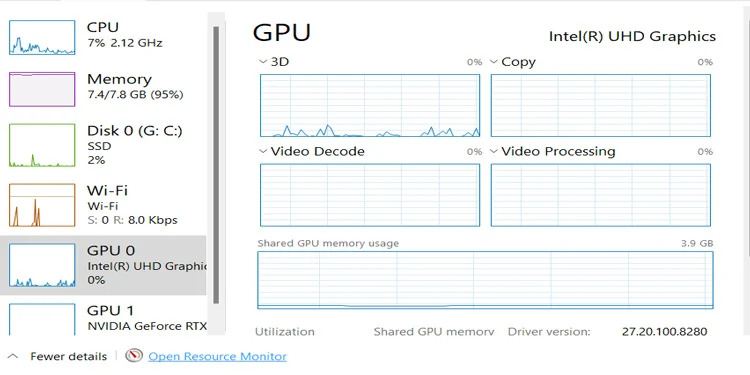
Apex Legends performance is not only about CPU and GPU. Things like RAM, storage speed, cooling, and internet quality also matter. If any of these areas are weak, the game may stutter, lag, or run less smoothly.
A. RAM and Storage
Having enough RAM is important because Apex needs memory for smooth gameplay. At least 8–16 GB is recommended.
Fast storage like SSDs also help with loading times, reducing delays when entering matches or moving across the map quickly.
B. Internet Connection
A strong and stable internet connection is vital in Apex Legends. Since it’s an online game, poor connection can cause lag, rubber-banding, or even disconnects. A wired connection or reliable Wi-Fi ensures smoother gameplay and better reaction timing.
C. System Cooling
Performance suffers when your system overheats. Apex Legends can push both CPU and GPU hard, so proper cooling is essential.
Clean fans, good airflow, or a cooling pad for laptops helps prevent throttling and keeps the game stable.
D. Game Optimizations
Optimizing in-game settings and updating drivers makes a big difference. Lowering heavy graphics options, enabling FPS cap, and keeping Apex updated reduce strain on hardware.
These small tweaks balance performance, giving smoother frames without sacrificing too much visual quality.
Is Apex Legends CPU Or GPU Intensive
Apex Legends mostly depends on the GPU for smooth graphics, especially at higher resolutions.
However, the CPU is also important during fast fights with many players. Overall, it’s considered more GPU-intensive, but a balanced system gives the best experience.
Are games CPU or GPU intensive?
It depends on the game type. Some games rely more on the CPU for physics, AI, and online interactions, while others stress the GPU for heavy visuals.
Most modern shooters and open-world games are usually more GPU-intensive for smooth graphics.
Is Valorant CPU or GPU intensive
Valorant is designed to run on many systems, even low-end PCs. It’s more CPU-dependent for higher FPS and smooth performance, while the GPU is less stressed.
Competitive players focus on strong CPUs to achieve consistent frames during intense matches.
CPU intensive Games
CPU-intensive games rely heavily on processing power to handle simulations, AI, or large-scale interactions.
Examples include strategy games like Civilization, MMOs with many players, or physics-heavy titles. These games don’t just need a good GPU; they demand strong CPUs.
Apex Legends high CPU Usage
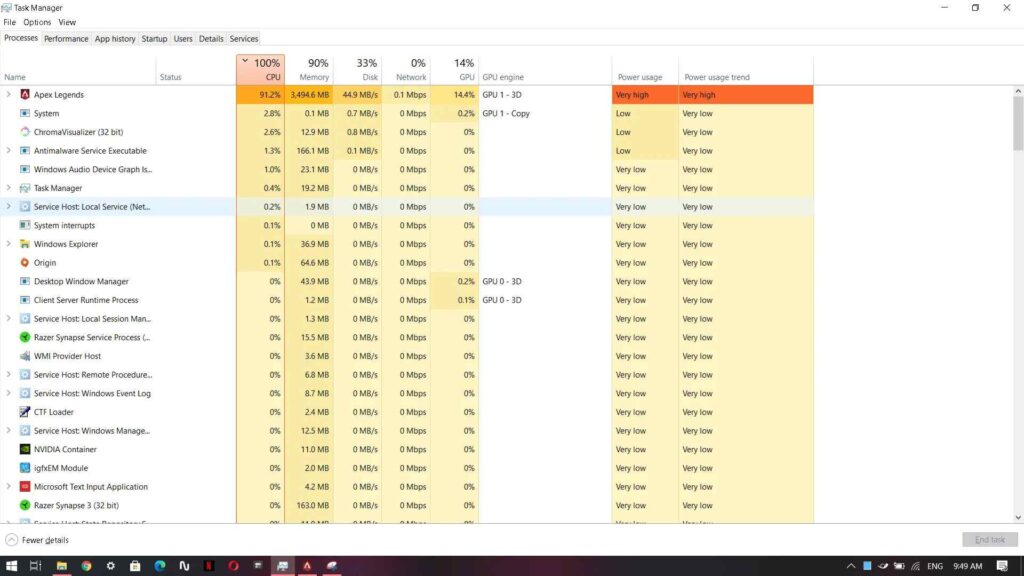
If Apex Legends shows very high CPU usage, it usually means the processor is under heavy load during matches.
This can happen because of background apps, outdated drivers, or overheating. Tweaking settings and improving cooling often reduces unnecessary CPU strain.
Is Marvel Rivals CPU or GPU intensive
Marvel Rivals, like most modern hero shooters, is more GPU-focused because of its colorful visuals, detailed characters, and fast effects.
Still, the CPU is important for handling multiplayer actions. For smooth gameplay, both components should work efficiently together.
Is this game supposed to run at 100% CPU usage?
Not always. While some demanding games may push the CPU near 100%, constant max usage isn’t normal and can cause stuttering or overheating.
If this happens often, lowering settings, closing background apps, or improving cooling usually helps reduce load.
FAQs
1. Is Apex GPU or CPU „heavy“?
Apex Legends is more GPU-heavy, especially at higher resolutions, but the CPU still matters during fast multiplayer action.
2. Is GPU or CPU more important for apex and better performance?
GPU is more important for visuals, while CPU helps maintain stable FPS. Together, both provide the smoothest Apex Legends experience.
3. Does Apex use a lot of CPU?
Yes, Apex can use a lot of CPU during matches, especially with many players, abilities, and heavy background processes.
4. How do I know if a game is CPU or GPU intensive?
Check benchmarks or monitor usage: higher CPU percentages show CPU-bound games, while maxed GPU usage means the game is GPU-bound.
5. Is Apex Legends a high demanding game?
Yes, Apex Legends is moderately demanding. It runs on mid-range PCs but requires strong GPU power for higher quality settings.
6. Is Apex CPU limited?
Sometimes, especially at low resolutions and high refresh rates. In those cases, the CPU can limit FPS in Apex.
7. Is Apex based on CPU or GPU?
Apex Legends relies more on GPU for graphics, but still uses CPU for calculations, physics, and large multiplayer events.
8. Does Apex require a good PC?
Yes, a decent PC is needed. While it runs on lower hardware, a good GPU and CPU improve performance.
9. How much GPU does Apex use?
Apex often uses 80–100% of the GPU, especially at higher resolutions or maximum settings, depending on your hardware.
10. Why is Apex so laggy in 2025?
Lag can come from server issues, weak internet, outdated drivers, or hardware struggling with new updates and demanding graphics.
Conclusion
Apex Legends is mostly GPU-intensive, especially at higher resolutions where the graphics card handles the bulk of the workload. However, the CPU still plays a critical role in maintaining smooth gameplay during intense firefights, large multiplayer battles, and when aiming for ultra-high FPS. For the best experience, players should balance both components—using a strong GPU for visuals and a capable CPU for consistent frame delivery. Add in good cooling, enough RAM, and a stable internet connection, and Apex runs at its full potential. In short, Apex is GPU-leaning, but a balanced system is the true key to victory.










